School’s out!
So many of us cry out these words when summer comes along and school takes a break. But the reality is that there is nothing more important to a person’s (and a society’s) development than an education.
However, for a lot of history, and even into today, education has not been a priority. Many people have been denied the opportunity to learn and grow and contribute to the world.
In ancient Greece, this wasn’t really the case. Compared with other civilizations of the era, the ancient Greeks placed a great deal of importance on education and put more people in schools than anyone else. Still not everyone received an education. But such an emphasis helped make Greece unique and contributed immensely to its prosperity and influence.
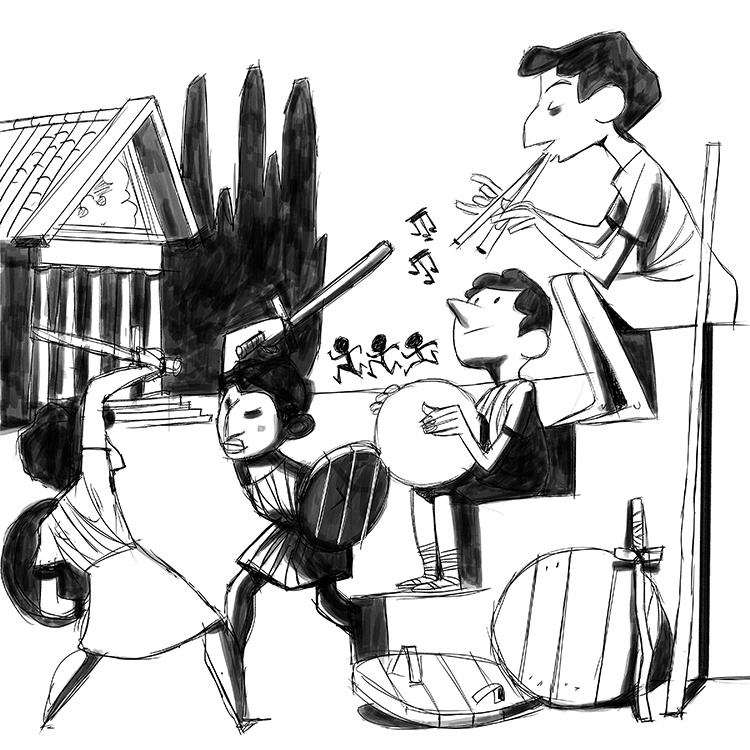
Early Education
In ancient times, there was no “Greece.” At least not in the Classical Era (c. 600 – 300 BC). Instead, Greece was populated by a number of different independent city-states. Each city state governed itself, and so it could choose how to educate its citizens.
In general, there were two options: physical and mental education. Which route a city-state took depended on its priorities. The more militaristic the city, the more emphasis on physical education.
Nevertheless, the Greeks placed a great deal of emphasis on education, and the intention was always to produce “good citizens.” In other words, people who would add to society and help it grow.
So, across Greece, young boys were put into school and taught the basics of life. Most city-states, given the unstable nature of Greece at the time, chose to emphasize physical education. They developed the gymnasium, which was where boys and men trained to be soldiers.
When they weren’t training to be soldiers, Greek students were taught music, art, and dance, with a heavy focus on rhythm, harmony, and beauty. That’s right. No math, history, English, or any of the other subjects students today must take.
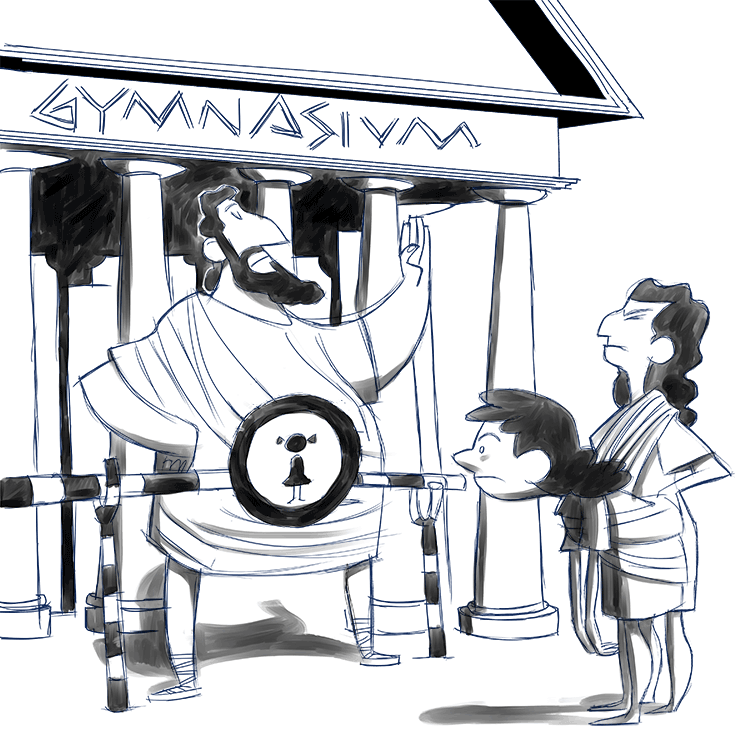
Education in Athens
In Athens, they took a different approach. Probably influenced by their strong philosophical tradition, the Athenians were more focused on improving the intellectual capacity of the city. They felt good citizens weren’t just soldiers (though Athens had these too) but rather intelligent, free-thinking individuals who could think critically and process more complex ideas.
However, pretty much no matter where you were in Greece, school was only open to boys.
Women were educated only on home-related matters, largely because they were not considered full citizens and could not participate in business or government. And there was also no high school. Once you reached adolescence in Ancient Greece, you were done with formal education. The rest of your learning came from life.
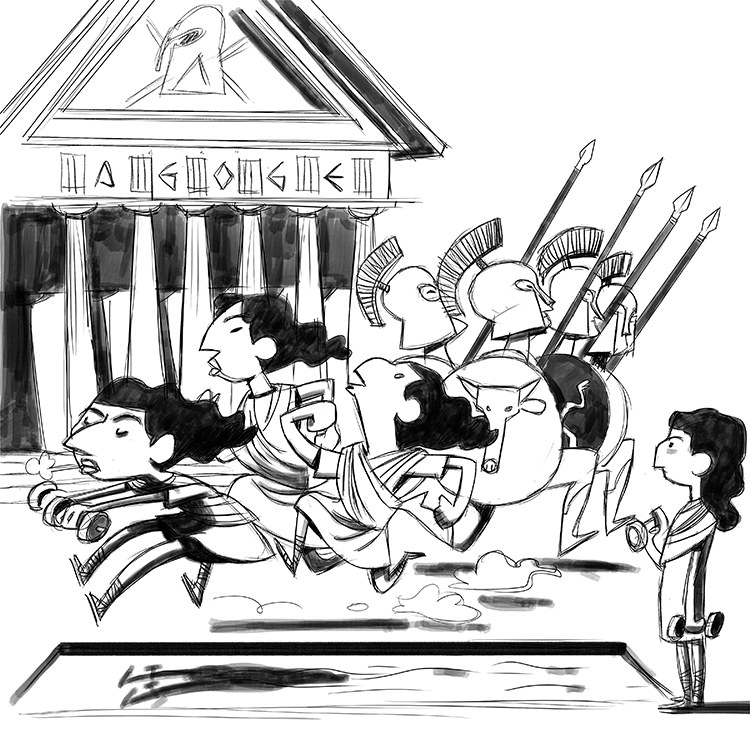
The Spartan Agoge
One city-state that took an entirely unique approach was Sparta. Isolated from the rest of the Greek world and mainly concerned with protecting themselves, Spartan education was all about training to be a soldier.
To do this, young Spartan boys would go to the school known as the agoge. There they would be put through immense trials (such as being left in the woods miles from Sparta to survive and get home). They were kept away from their family and had to rely on their fellow students, something that helped make the Spartan army a tight-knit and highly-effective fighting force.
Not everyone living in Sparta could go to the agoge. First, you had to be a Spartan citizen, which meant you had to be able to trace your ancestry back to the original Spartan settlers. And you had to pay of course! Education isn’t free.
Also, not everyone was cut out to be a soldier, but these people received very little education and were often cast out of society. In Sparta, the message was clear: fight or leave.
This unique system of education helped Sparta build one of the most powerful and effective armies of the ancient world. It would go on to defeat Persia and Athens, leading to a brief period of Spartan dominance over Greece. But it also made Sparta one-dimensional. And as time wore on and the number of Spartan soldiers decreased (the result of near constant warfare) Spartan society became unsustainable and eventually collapsed.
Another way in which Sparta distinguished itself from the rest of Greece was by educating women.
No, girls were not allowed to attend the agoge and become soldiers. Instead, the emphasis was on physical education (the Spartans believed healthy women produced healthy babies who could then become soldiers) as well as the arts.
In general, Spartan women enjoyed a great deal more freedom and social status in Sparta than in any other part of Greece.
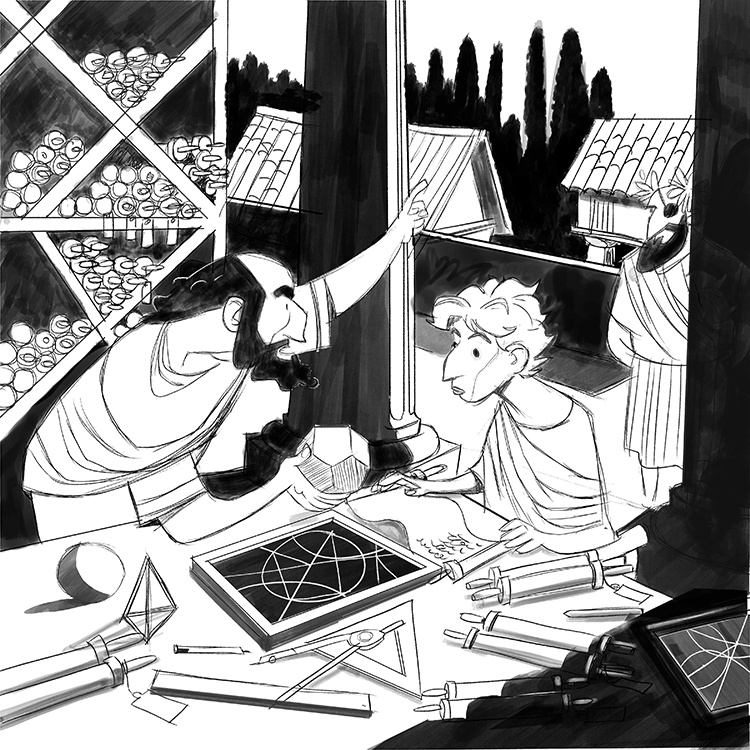
The Sophist Movement and Higher Education
As time went on, the Greeks, particularly the Athenians, started focusing even more on education. Philosophy became a popular pastime for many people, but it eventually became a profession. Wealthy Greeks seeking status and power could hire philosophers to teach them their ways and ideas. Eventually, this became all the rage for the Greek elite, leading to the emergence of a whole new class of teachers: the sophists.
These individuals would travel around Greece, offering their talent to whoever could pay, ushering in an unprecedented era of learning.
In addition to this, it was common for members of the aristocracy to hire private tutors to teach them or their children so that they could maintain their status. A famous example is the philosopher Aristotle serving as a private tutor to the young Alexander of Macedon, who later became known as Alexander the Great.
There was no public system of higher education in Ancient Greece, so only those who could afford these tutors and teachers made it beyond the basic education all Greek boys received. But despite this exclusivity, Ancient Greek society was by far more educated than any of its contemporaries.
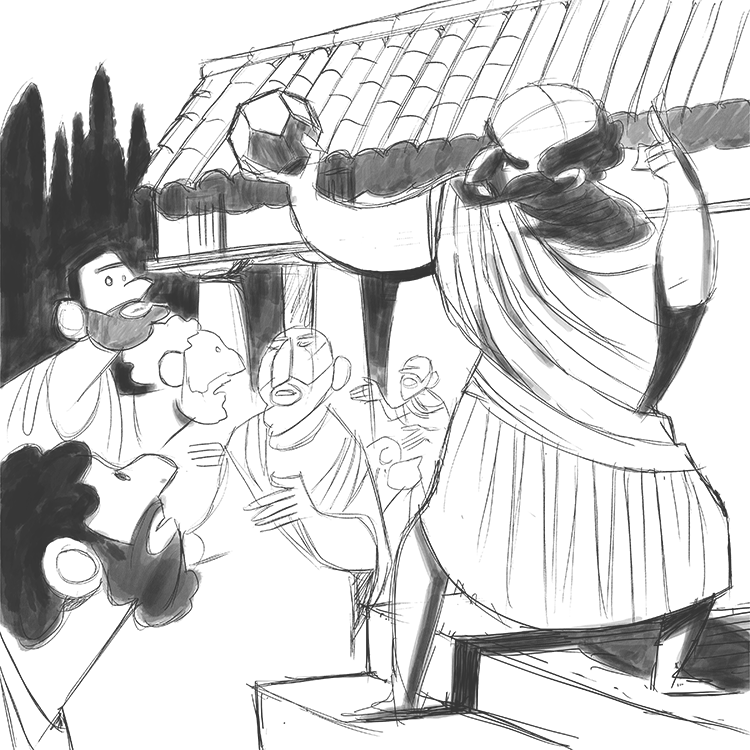
Education in the Streets
Even if you couldn’t afford a private tutor, it was still possible to continue learning after your initial schooling ended.
In Greek cities, especially Athens, it was quite common for philosophers and other “idea men” to stand in the agora (the town center) and preach. They would share their ideas, ask questions, and educate common people. So, if you happened to be in the agora when there was a teacher and you had some time to kill, you could take a seat and do some learnin’
This, however, could get you in trouble. For example, the famous philosopher Socrates used to do this, and people really liked his ideas. But what he said challenged the state and those in power, so he was eventually charged with “corrupting the minds of the youth.” The punishment? Death!
So, while ancient Greece was pretty progressive in terms of how much emphasis is placed on education, there could still be consequences for asking the wrong questions.
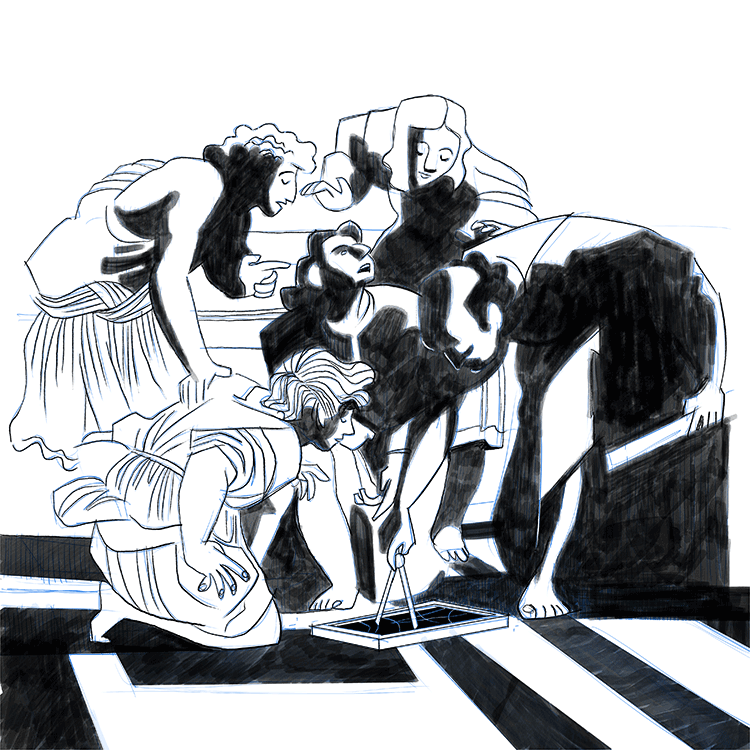
A Tradition of Learning
Despite the fact that women weren’t allowed to be educated, and that most schooling ended by age 12, the ancient Greeks were big into school. When Alexander the Great conquered Egypt and founded Alexandria, which was to become his capital, he immediately ordered the construction of the Great Library. This turned the city into a hotspot for learning and education.
Eventually, Greece fell to Rome. But the Romans carried on the Greek tradition of thinking, learning, and educating.
Later, after the fall of Rome, during Medieval times, scholars would look back to the Greeks and Romans as examples. They drew on their teachings and in doing so they kept the tradition of learning in Ancient Greece alive until today.
Written by Matthew Jones
Illustrated by Pablo Velarde Diaz-Pache
